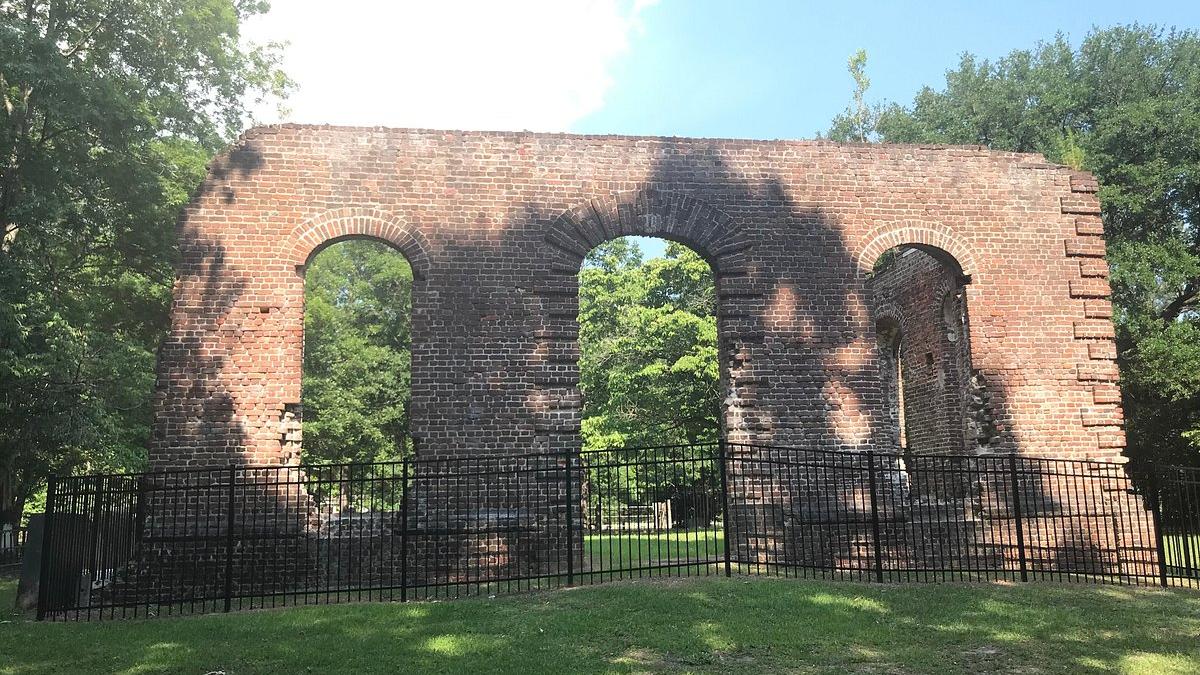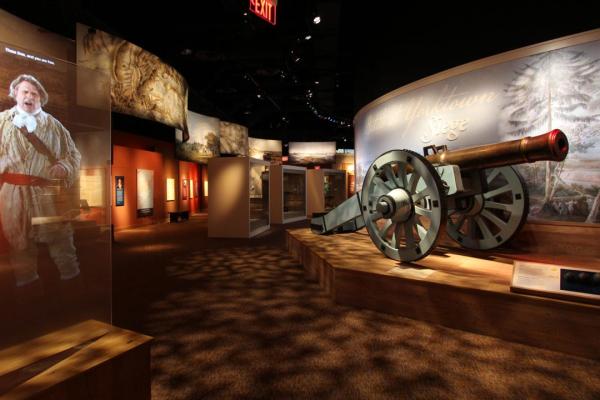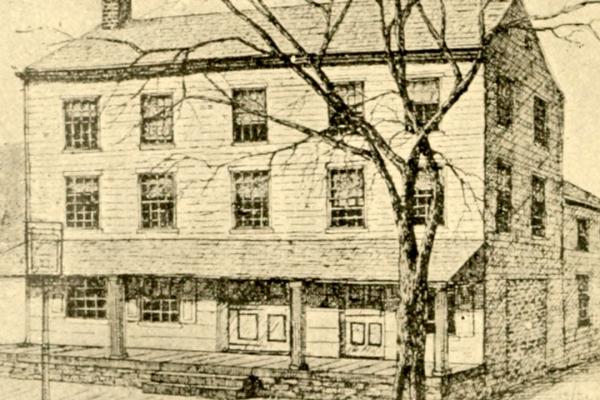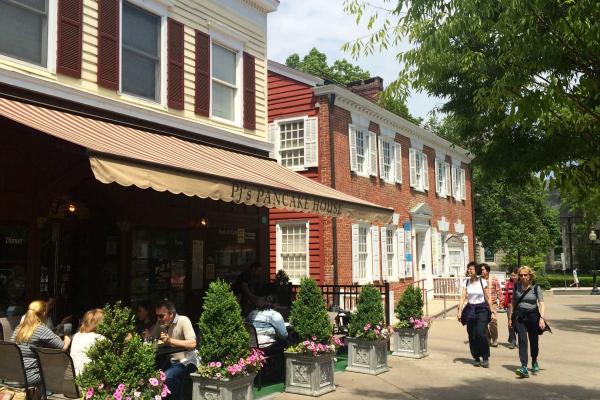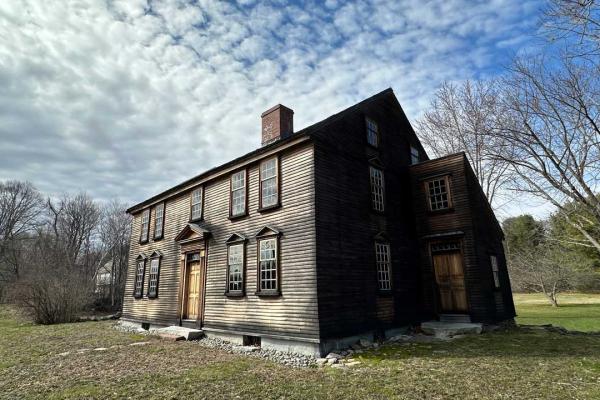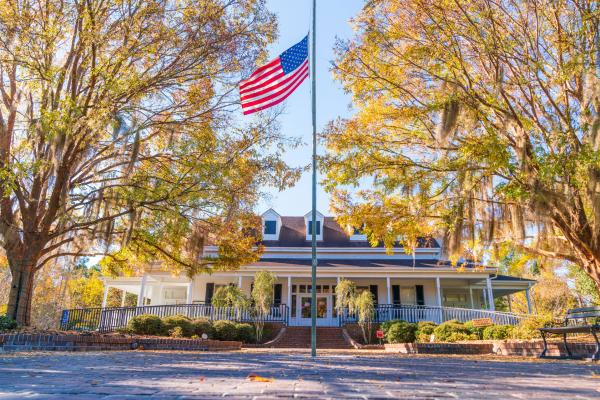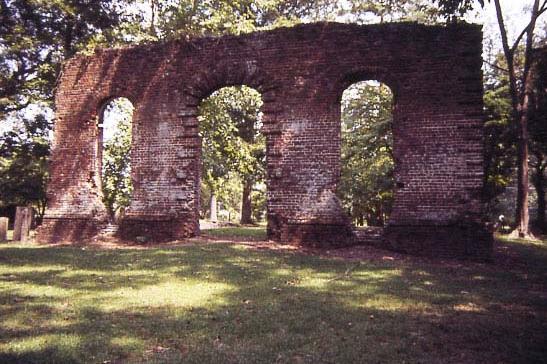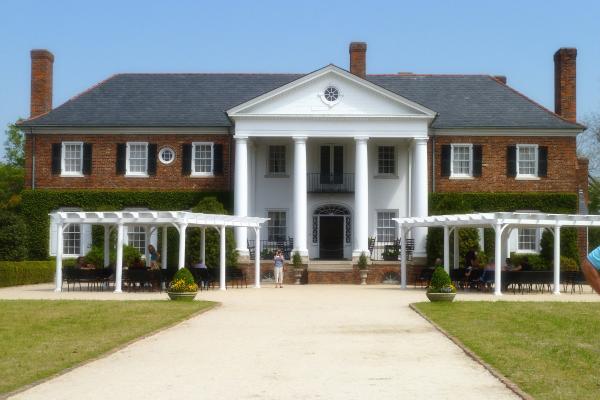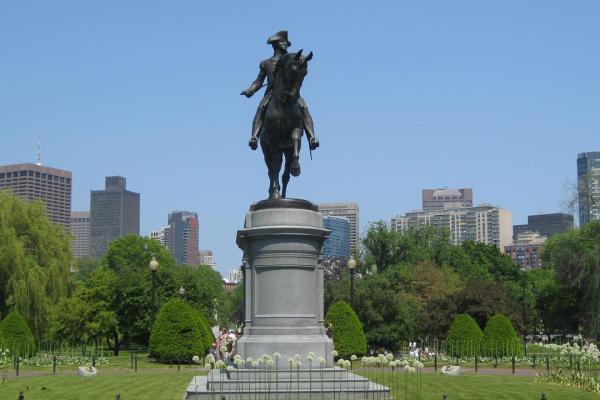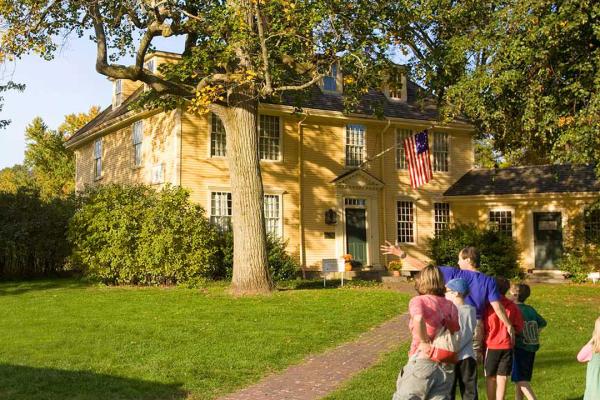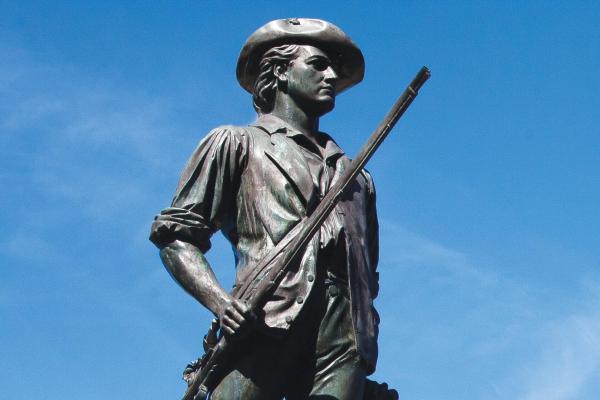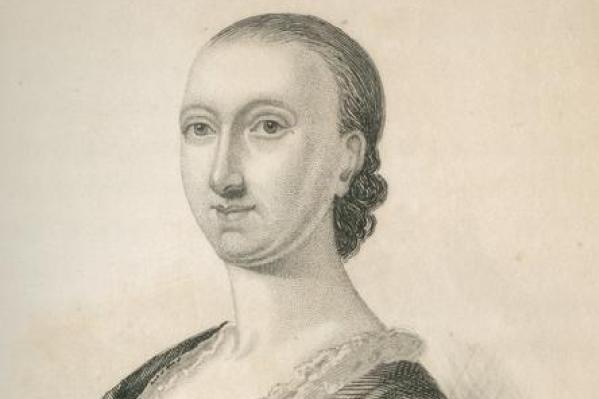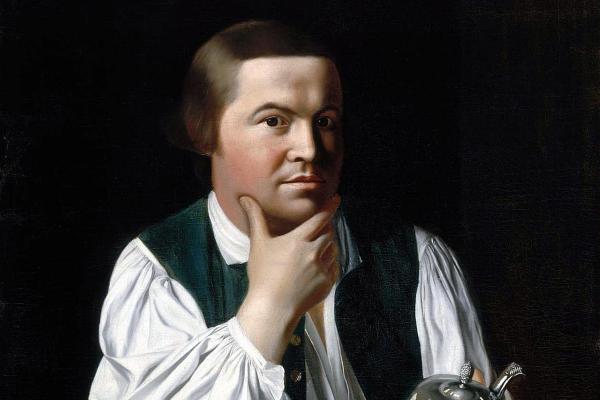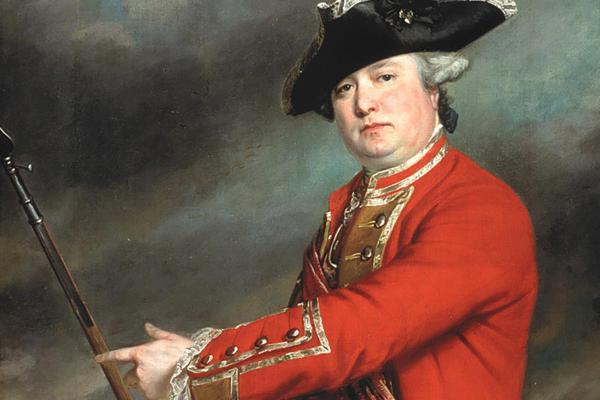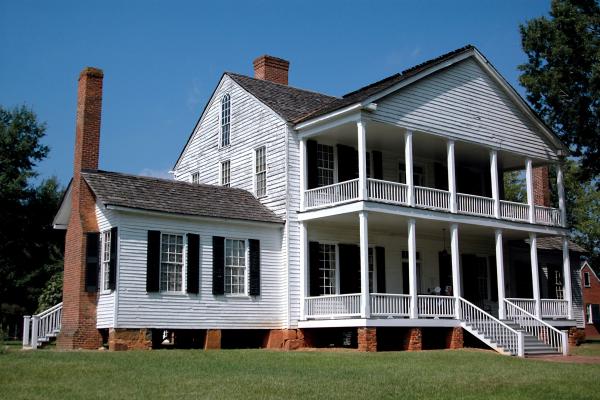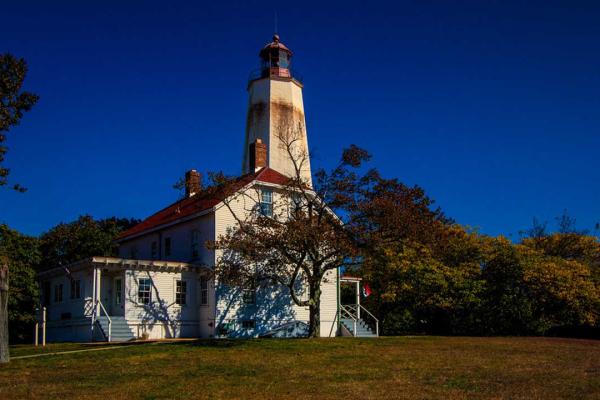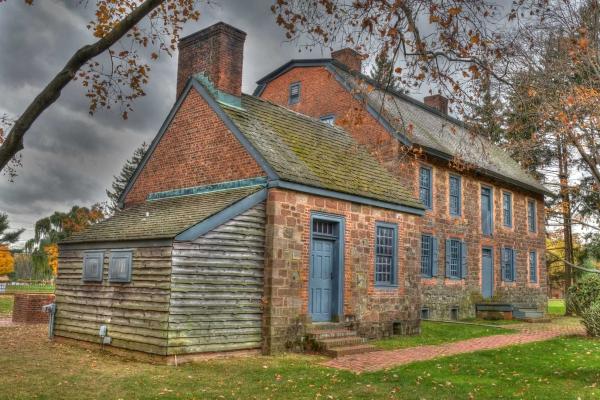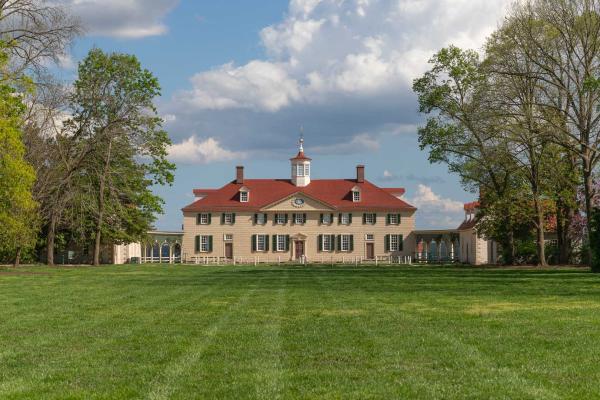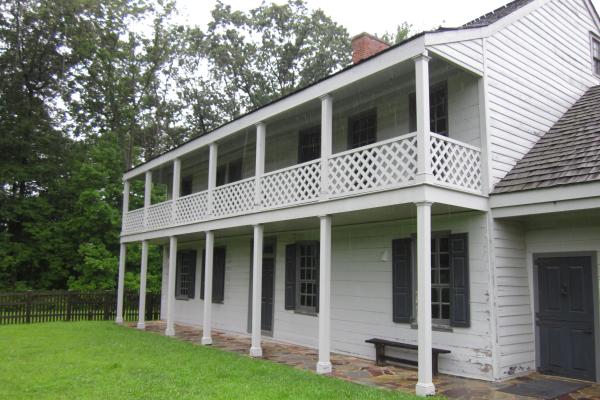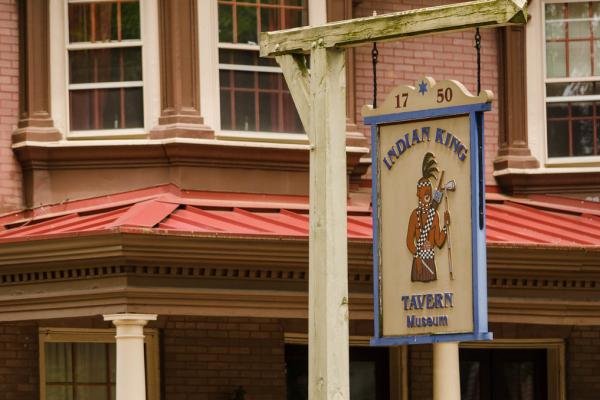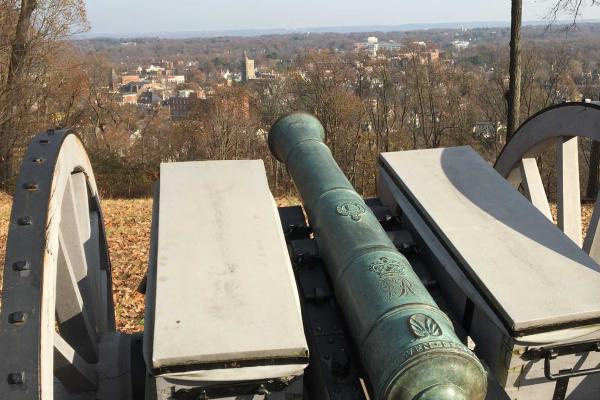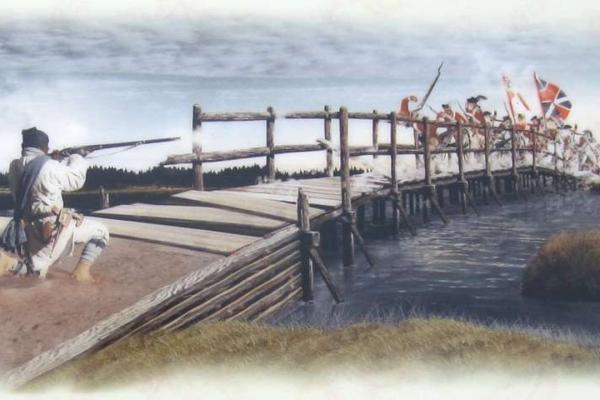The American Revolution Museum at Yorktown provides the origins of the nation’s founding, stretching from the early colonial period to the passing of...
The Arnold Tavern, constructed in the mid-18th century, served as Washington's headquarters from January - May 1777
A hidden gem in the borough of Princeton, the Bainbridge House was constructed in the mid-1760s and stands as a hallmark of colonial architecture...
In the days leading up the Battle of Lexington and Concord, James Barrett stored military supplies, including small cannons, from that were smuggled...
The Berkeley County Museum is located in historic Moncks Corner, South Carolina and contains Revolutionary stories and artifacts from around the...
During the British occupation of Charleston in 1781, these grounds were part of a British outpost to supply ammunition and provisions to patrolling...
Boone Hall was influential in the history of South Carolina. Explore the house and grounds of this Colonial Plantation, as well as a live presentation...
Once the training ground for British troops in Boston, it was from here that Regulars marched toward Lexington & Concord, sparking the American...
Waiting on British troops to arrive on the morning of April 19, militia members used this tavern to wait for their arrival before assembling on the...
Liberty Trail History Makers
The Revolutionary War was a war unlike any other — one of ideas and ideals, that shaped “the course of human events. Explore the history and personalities from this pivotal time in American history.Captain Isaac Davis, a Massachusetts Minuteman leader, was the first American officer killed in the Revolutionary War at the Battle of Concord on April 19, 1775.
Rebecca Brewton Motte supported the Patriot cause by allowing her plantation to be used in a siege, even offering a bow to set her house on fire, which led to the British surrender at Fort Motte.
Most famous for his midnight ride, Revere rose from his early days as a silversmith's apprentice to become a key figure in the American Revolution, playing pivotal roles in spreading revolutionary messages and later establishing a successful career in the metal industry.
A British officer who led the troops during the April 1775 march to Lexington and Concord, Smith is remembered for commanding the British forces in the opening battles of the American Revolution, facing both praise and criticism for his actions.
